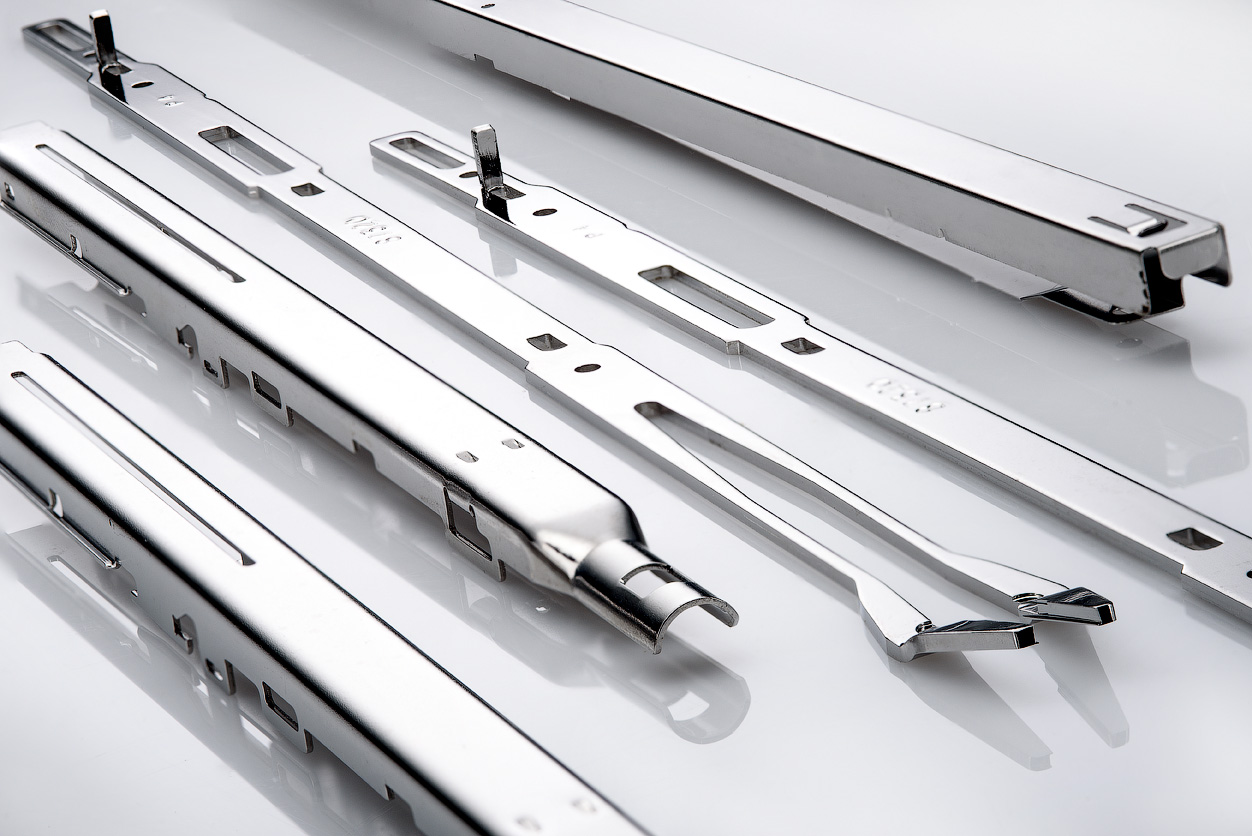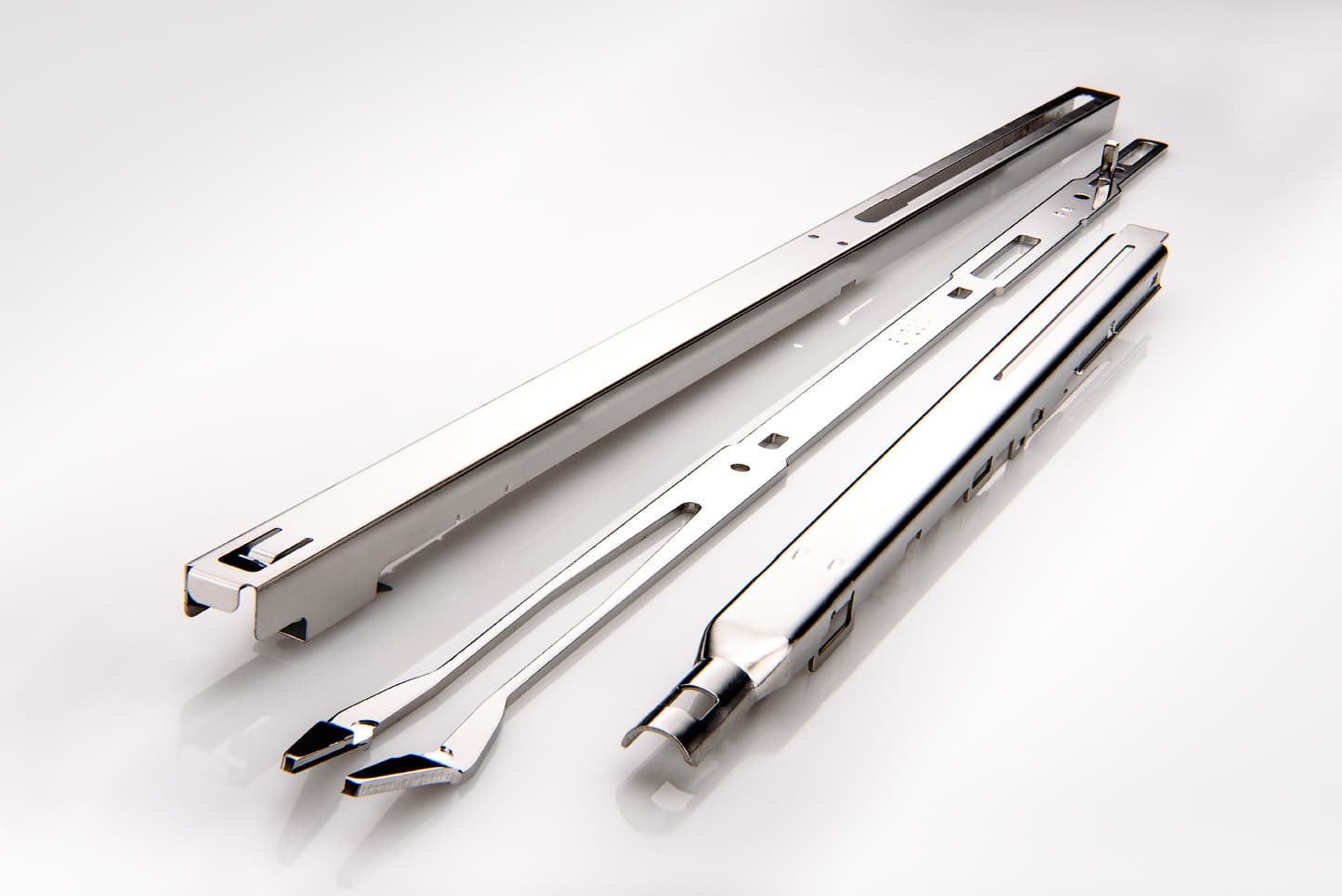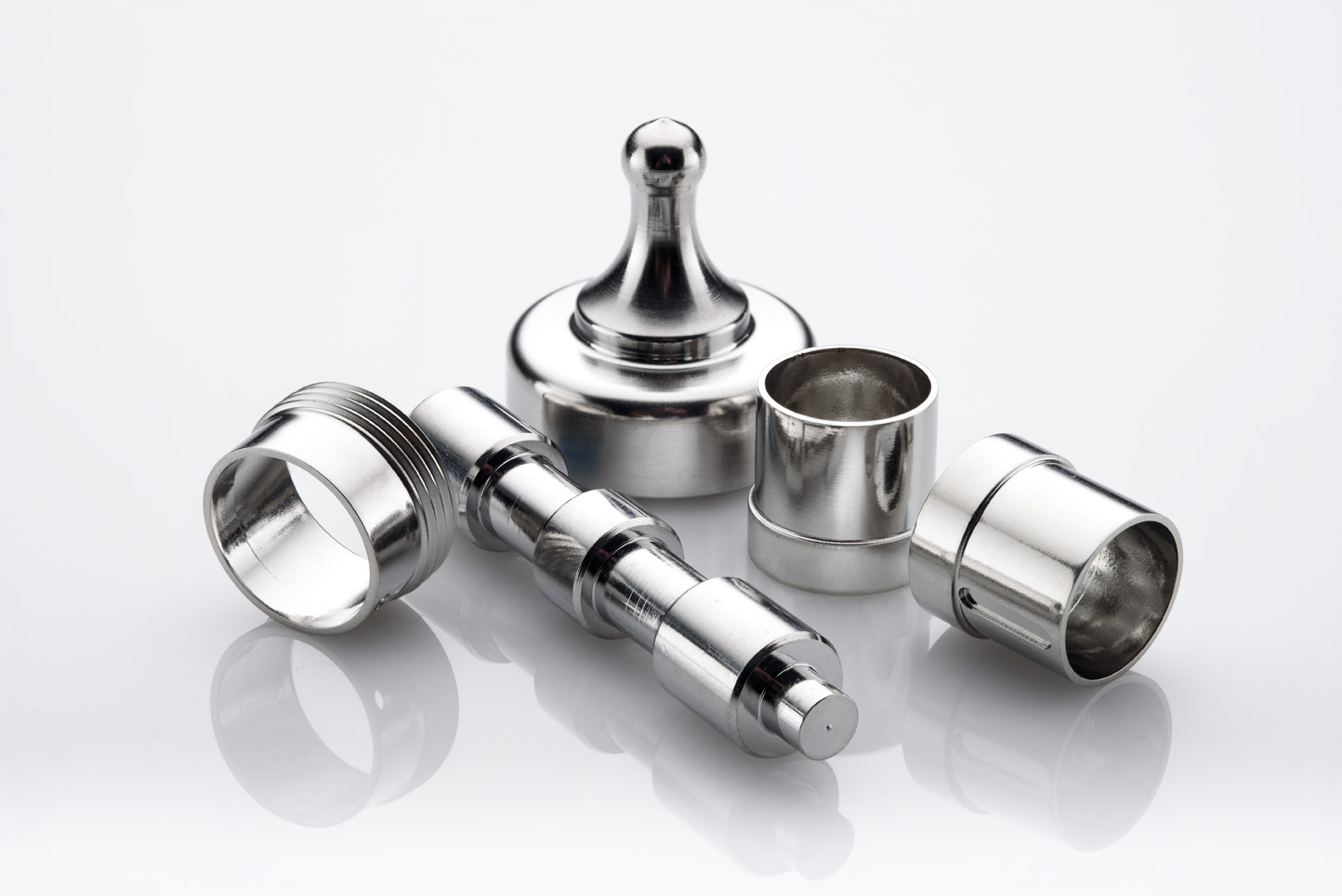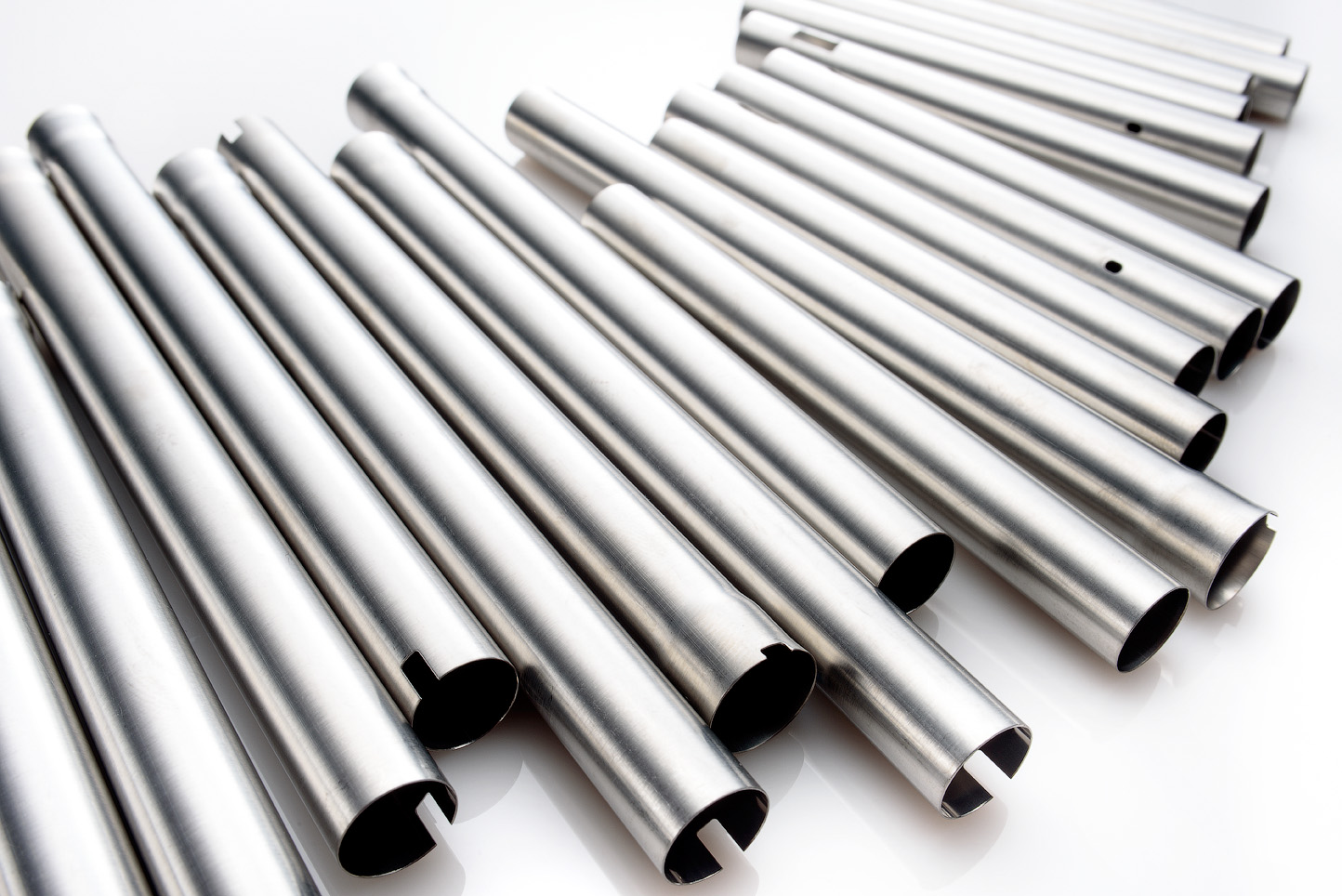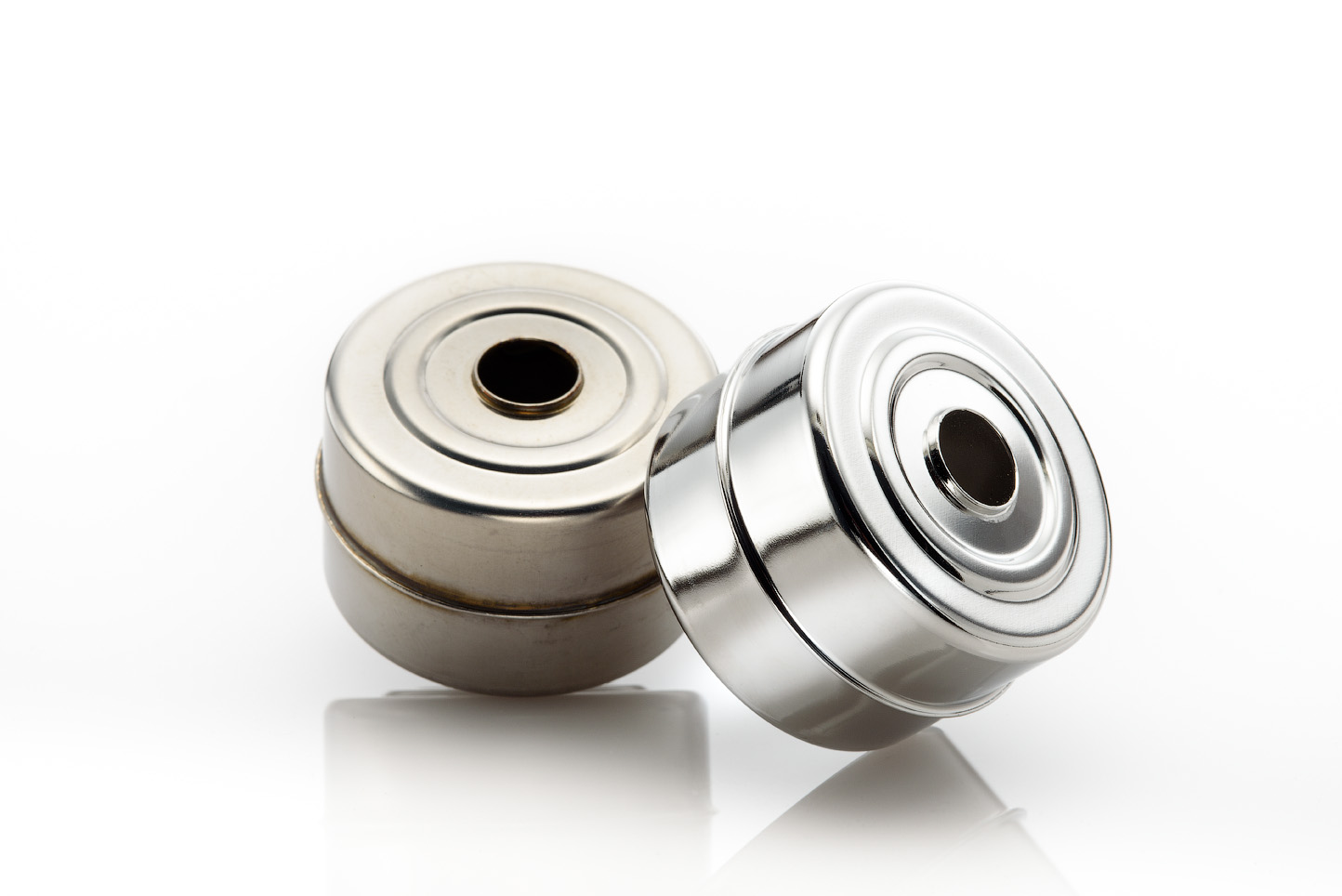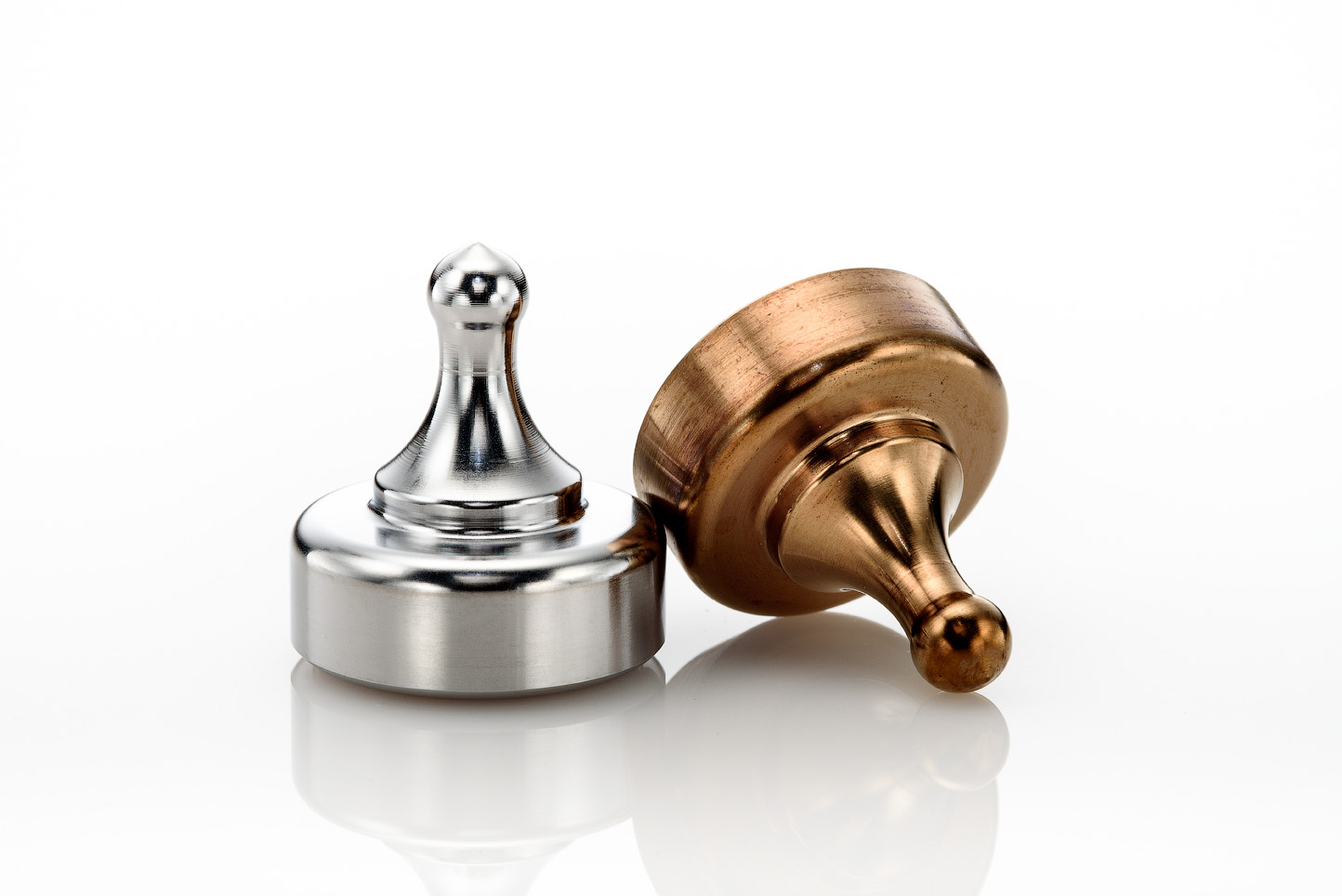FAQ's Working with us
New England ElectropolishingLearn answers to questions regarding the alloys we process to how to set up an account with our company.
How large/small of an order will NEE accept?
We have 12 electropolishing lines operating on a daily basis, which gives us tremendous capacity to complete high-volume orders in a timely manner. That said, NEE welcomes orders from 1 unit to 50,000 units. No job is too big or too small.
What is the largest size piece that NEE can electropolish?
We have the capacity and expertise to electropolish and passivate fabrications up to 8’ long by 5’ in diameter. NEE’s staff members are skilled at designing and fabricating custom cathodes that are often critical to processing large parts to specification.
How do we obtain samples?
Simply send us your part. We’ll electropolish it and return it to you with a specific price quotation and delivery schedule. To begin the process, call 800-672-6616 or complete our brief inquiry form.
Which alloys does NEE process?
If you have a question about the finish of a particular alloy, NEE will process representative samples at no charge. Please call 800-672-6616 or complete our brief inquiry form.
We commonly process the following materials:
300 Series Stainless Steels
400 Series Stainless Steels
17-4 pH
Inconel
Nickel
Hastelloy
MP35N
Nitronic 50
Nitronic 60
To which ISO standards is NEE certified?
New England Electropolising is certified to ISO 13485:2016 and 9001:2015. These designations were achieved after a stringent analysis of our quality management systems and reflect our commitment to continuous improvement.
To which electropolishing/passivation standards does NEE comply?
Listed below are common industry specifications that either detail or incorporate the surface treatments performed by NEE.
Electropolishing:
- ASTM B912, “Standard Specification for Passivation of Stainless Steel Using Electropolishing”
- ASME BPE, “Bioprocessing Equipment”
Passivation:
- ASTM A967, “Standard Specification for Chemical Passivation Treatments for Stainless Steel Parts”
- ASTM A380, “Standard Practice for Cleaning, Descaling, and Passivation of Stainless Steel Parts, Equipment, and Systems”
- QQ-P-35C, Federal Specification: “Passivation Treatments for Corrosion-Resistant Steel” (replaced by ASTM A967)
- ASTM B912, “Standard Specification for Passivation of Stainless Steel Using Electropolishing”
How do we set up an account with NEE?
Please see our Company Policies page for information.
Electropolishing, Reverse Plating & Passivation Explained
Electropolishing is normally used to remove a very thin layer of material on the surface of a metal part or component...
FAQ's Electropolishing Stainless Steel Welds
We’re often asked if electropolishing removes the “heat tint” left on stainless steel fabrications due to welding...
Working With Us FAQ's
Learn answers to questions regarding the alloys we process to how to set up an account with our company...
Removing Burrs From Threaded Parts
One challenge manufacturers face is removing burrs from threaded stainless steel parts, such as bone screws, instruments and medical devices...
